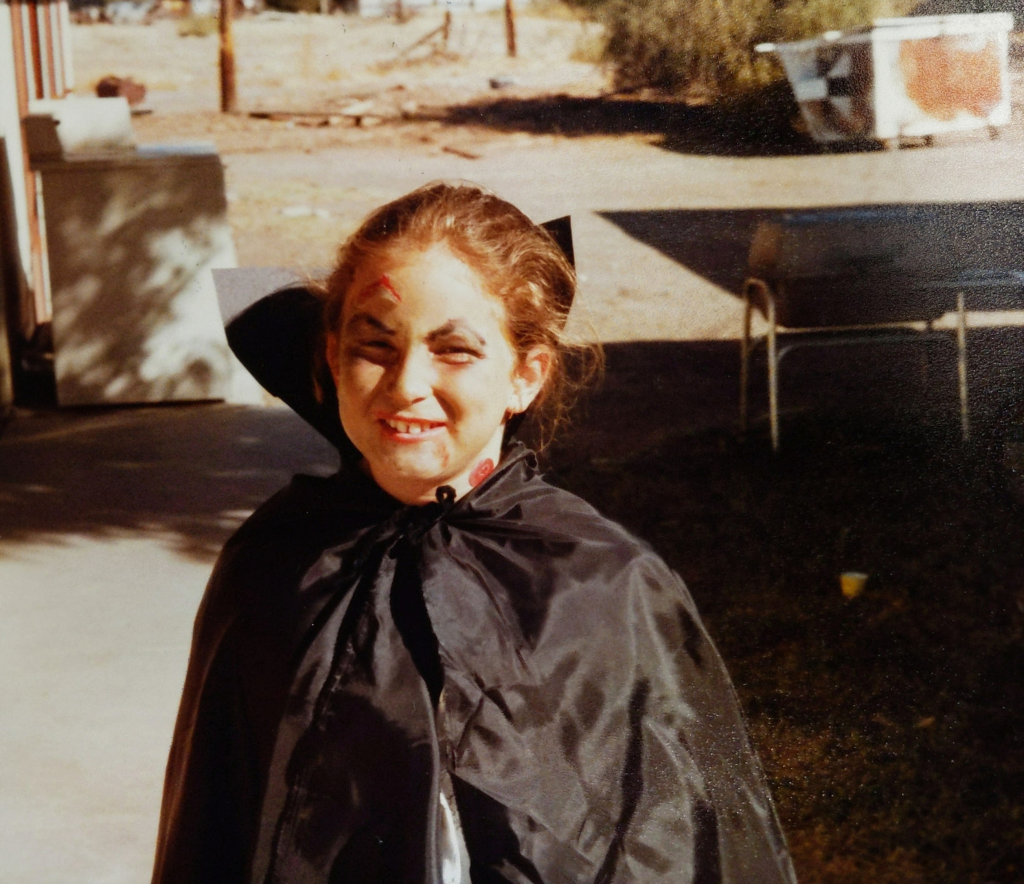
As a lifelong fan of horror film, with many queer friends and communities who are as well, I had a hypothesis that many members of the LGBTQ+ community have a distinctive (distinctively queer) relationship with the horror genre. Therefore, I set out to investigate this by creating a mixed-method (quantitative and qualitative) study on queer spectators of horror film. Through data analysis from my original online survey—the largest empirical study of horror spectators with over 4,100 responses—and 15 oral history interviews, my PhD research presents the most complete understanding of the queer horror spectator.
The most exciting aspect of my research is the ground-breaking mixed-method online survey that I conducted in 2019, which was beyond successful with over 4,100 responses. This survey data was combined with 15 in-depth oral history interviews I conducted with queer horror spectators to understand how and why queers connect with horror film. My research proves empirically, with theoretical and ontological foundations, that the queer spectator has a unique relationship with the horror genre.
I researched theory and critical works in a traditional book- and article-based manner, while I collected my quantitative data from an online survey. However, quantitative data only generates so much understanding, therefore conducting oral history interviews to create qualitative data was vital to the success of this project. Conducting oral histories takes a commitment of time, energy, and intellectual effort not only from the researcher, but also the narrators. The Research Support Award allowed me to pay a small stipend to the BIPOC and trans* queer narrators I interviewed for their time and for sharing their experiences and thoughts with me. My experiences engaging with marginalized queer people (some of whom endure further intersectional marginalization and trauma from living in white cisheterosexual societies) has confirmed my belief that universities should proactively ensure funding for all marginalized research participants so they are financially compensated for their contributions to academia.
My research did not change significantly due to COVID-19, but a few methods had to be adapted. For one, I had to switch my oral history interviews to video calls due to the pandemic. While having to conduct remote interviews alters the nuance and chemistry of an in-person exchange, this change to video format also opened up the opportunity for me to engage with oral history narrators from around the globe. I was able to interview people from not only outside the US, such as Canada and England, but also various other states in my country. Ultimately, capturing the perspectives and experiences of people from different cultures proved invaluable to my research—and has shifted my professional perspective about the value of video format for oral history interviews.
The other aspect of research that was completely affected by the pandemic was my access to books, which became entirely halted. I am based out of Portland, Oregon, where I had been utilising my civic library’s stellar Interlibrary Loan system. When the pandemic began, the libraries understandably ceased loaning and sending books between library systems, which had been my means of secondary source research. This loss of library access undeniably made my research much harder to complete and certainly affected my final bibliography. While the work is strong and a valuable contribution to academia as it is, I do wonder what might have been lost because I was stripped of unlimited book access for over a year.
While I was prepared for the difficulty of research and the immensity of the writing, I was unprepared for the solitude of undertaking a PhD. It was critical to my sanity to maintain connection and solidarity with other PhD candidates in the programme, especially for me, as an international distance student. A PhD is a strange, complicated, all-consuming endeavour, so having others going through the same experience to share, vent, and encourage with is invaluable.

My advice to anyone starting their PhD journey, is don’t lose yourself in your research. Since a PhD can take over all aspects of one’s life, it takes thoughtful discipline to keep healthy boundaries. The pandemic hit my family hard, particularly because my partner contracted COVID-19 and has been suffering from Long Covid since her symptoms began in March 2020. Having to become a full-time caretaker for my partner during my ‘write-up year’ taught me to balance my work with the truly important aspects of my life. My advice is to take time to read outside your studies, watch film and television recreationally, listen to music and the birds outside, talk to other people about things other than your research, and laugh as much as you can. Also, a cup of tea and a good relaxing bath never hurt.
Heather was funded through the Manchester Metropolitan Graduate School’s Research Support Award to pay stipend awards to her research narrators. You can find out more about the award and upcoming deadlines by visiting the PGR Development Moodle area.


